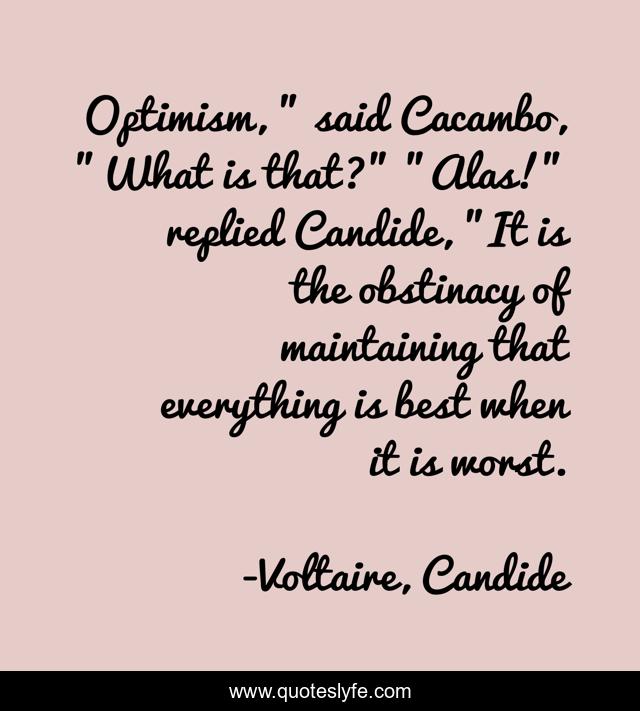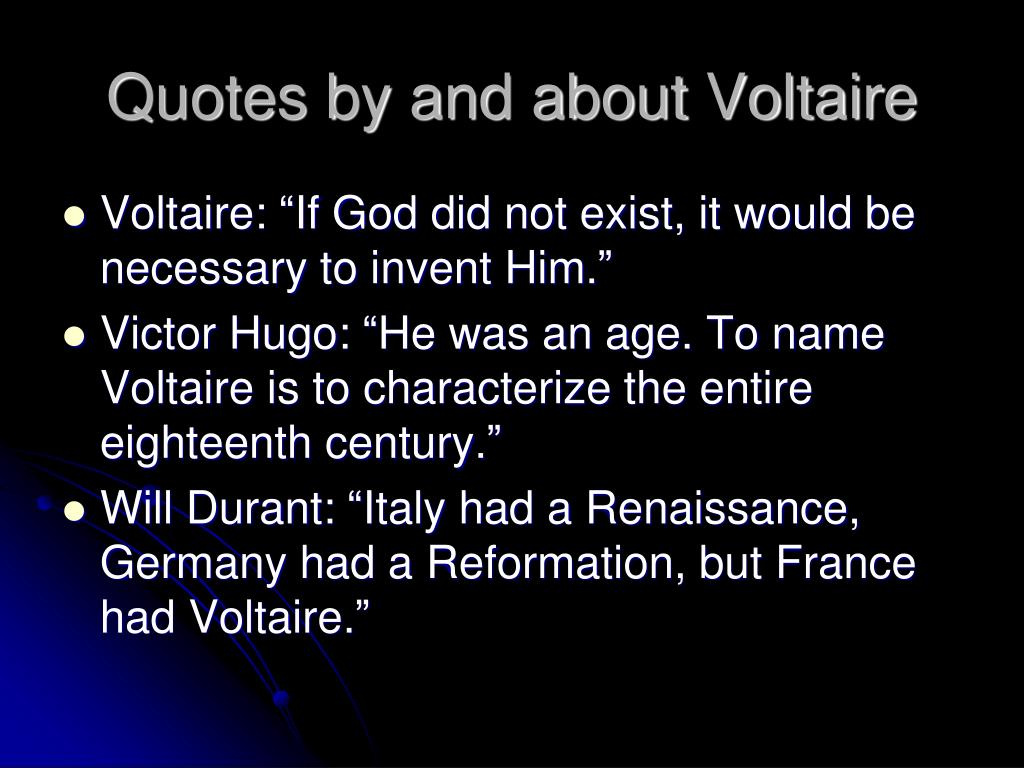


Human free will is responsible for the garden’s prosperity, not the benevolence of God or a mundane ruler. Personal success and material benefits come from hard work, which is a more efficient motivator than infinite gold available to El Dorado citizens.Īll that is very well, but let us cultivate our garden. In the garden, everyone receives equal treatment and respect.

The garden is a version of a utopia that can exist in the human world, unlike El Dorado. How could He create the disease that prevents procreation? Voltaire refers to the absurdity of God’s omnipotence and omnibenevolence. Providence has then brought you amongst us again, my poor child! Do you know that you cost me the tip of my nose, an eye, and an ear, as you may see? What a world is this! Candide, chapter 30īesides, syphilis transfers through sexual connection and impedes reproduction in some cases. But as far as the character had an idealized view of reality, they were of no use for him. These organs are essential for a clear perception of the outside world. He has no money for treatment, but Candide’s benefactor, Jacques the Anabaptist, pays for him.īy the moment the medication starts, Pangloss has already lost an eye and an ear. In Chapter 4, Candide meets Pangloss, devastated with syphilis. But the most critical symbols are Pangloss’ syphilis and the setting sites of the garden, El Dorado, and Thunder-ten-tronckh. For example, Cunégonde symbolizes the elusive dream, and the red sheep represent the hope for a better life. Each person or object represents an idea.


 0 kommentar(er)
0 kommentar(er)
